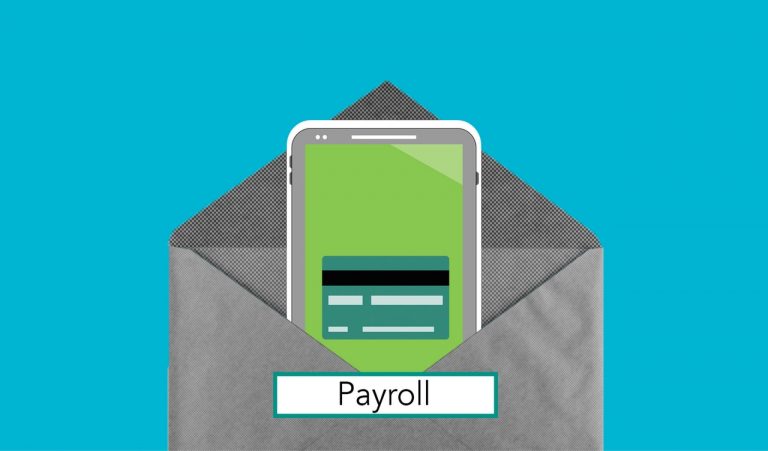An entrepreneur’s checklist before starting a business
If you’re an entrepreneur, you already know the importance of a business plan. But if not, it’s time to create one! Here are some things that you should consider before starting your own business:
Identify your strengths and weaknesses.
- Identify your strengths and weaknesses.
- How do you like to work? Who are your co-workers? Do they need help from time to time, or is everyone on the same page regarding their responsibilities? If so, how can you ensure that everyone works together effectively and productively?
- What does a typical day look like for someone who works with me (or vice versa) at my business? Be as specific as possible—where should we meet, what time of day should we meet up, etc.? This information can help us plan future meetings, so there aren’t any surprises later on down the road!
Create a business plan.
A business plan is a written document that describes your business in detail. It should include:
- Business name, address, and phone number
- Purpose of the company (for example, how you will make money)
- Market analysis (how much demand there is for what you’re doing)
- Financial plan (how much money do you need to start up?)
- Operational plan (what technologies do you need to use? How many employees will it take?)
Talk to your spouse or partner.
Before starting a business, you must talk to your spouse or partner. Please ensure they are on board with your business idea and willing to support you in any way possible. It’s also essential for them to understand what kind of work-life balance will be required from both of you as entrepreneurs so that there isn’t any tension between the two halves of the marriage.
Make sure you have enough funds for your startup costs.
Start with an idea, but don’t forget to include your startup costs.
Startup costs can be expensive, and you must be prepared for everything you need to do during the first few months of running a business. Here are some things you should consider:
- Office space – You will need a place where people can work and meet. It should be clean and organized and have enough room for employees, clients/customers. Many options are available when choosing an office space, including shared offices or virtual offices (where employees use their computers). Some companies even provide free lunches at restaurants around town every Wednesday afternoon! If you choose this option, ensure there’s enough supply, so everyone gets one every week! You may also consider adding perks like free coffee during meetings if there aren’t nearby cafeterias (or even remote access via VPN?)
- Equipment – This includes everything from printers & scanners all way up to giant TV screens showing live coverage of sporting events etc…
Do not forget to register with the government and the IRS.
To be a successful entrepreneur, you must register with the government. You can register with the IRS if your business is not yet profitable and has up to $250,000 in gross receipts. If it has more than that amount of money coming in, you should also register with them.
You mustn’t forget about this step because without registering with the government and IRS, there’s little chance of getting approved for loans or grants from other organizations such as banks or foundations, etc., which could help fund your initial startup costs if needed!
A brand’s success depends on its advertising.
You can’t just open the doors of your business to everyone. For people to learn about your business, it must be marketed. It involves choosing a target audience, developing an advertising campaign, and utilizing social media effectively.
If you succeed as an entrepreneur, you need to know what kind of people will buy your product or service. You also need strategies for how best to promote yourself online so that more people find out about what’s happening at your company—and, hopefully, make purchases!
It’s good to think about these things before you start your business.
It’s good to think about these things before you start your business.
- You can avoid making mistakes and wasting time by giving yourself plenty of time to prepare. It will help you avoid mistakes, save money, and be more organized and focused on what needs to be done.
- If there are any issues with your idea or plan for the business, they should be found out now rather than later when everything else has been done and there is nothing left but failure (and possibly bankruptcy).
Conclusion
We hope you have learned a lot from this article about the importance of thinking about your startup before it’s too late. We also encourage you to follow our advice and create as many plans for your business as possible. The more you know ahead of time, the better off you will be when launching everything!







